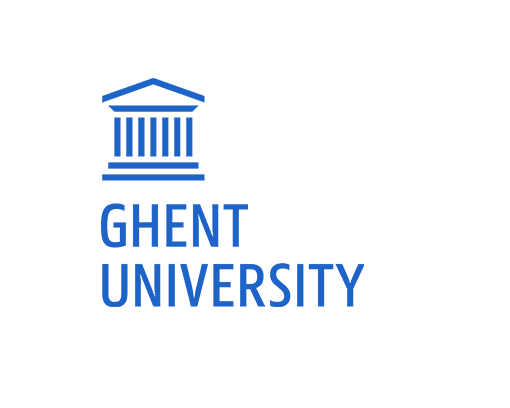Algal beta-(1,3)-glucan and its effect on infectious bursal disease vaccination in poultry
- V. Van Hamme
- R. Spaepen
- N. Smeets
Abstract
Vaccination is used as a control and prevention tool for infectious bursal disease (IBDV) in poultry. A new strategy for improving vaccination efficiency is the use of in-feed immune modulating ingredients. The aim of this study was to test if the use of beta-(1,3)-glucans in feed can enhance IBDV vaccination. The trial was conducted in ROSS 308 broilers. In the study, a negative control group (not vaccinated, not supplemented), a positive control group (vaccinated, not supplemented) and a treated group (vaccinated, supplemented with beta-(1,3)-glucan) were included. All broilers, except the negative control, were orally vaccinated at 18 days of age with a live IBDV vaccine. Blood samples were taken at day 18 and 35 to measure antibody titers against IBDV. Serological analysis showed the presence of maternal derived antibodies at time of vaccination in some birds. The beta-(1,3)-glucan supplemented birds showed decreased CV% (coefficient of variation) and significantly increased average antibody titers compared to non-supplemented vaccinated birds. Additionally, the beta-(1,3)-glucan group showed increased number of birds with antibody titers above the titer threshold for protective immunity. The results obtained in the current trial clearly indicate that beta-(1,3)-glucan can increase seroconversion and serological response to IBDV vaccination.
Downloads:
Download PDF
View PDF
